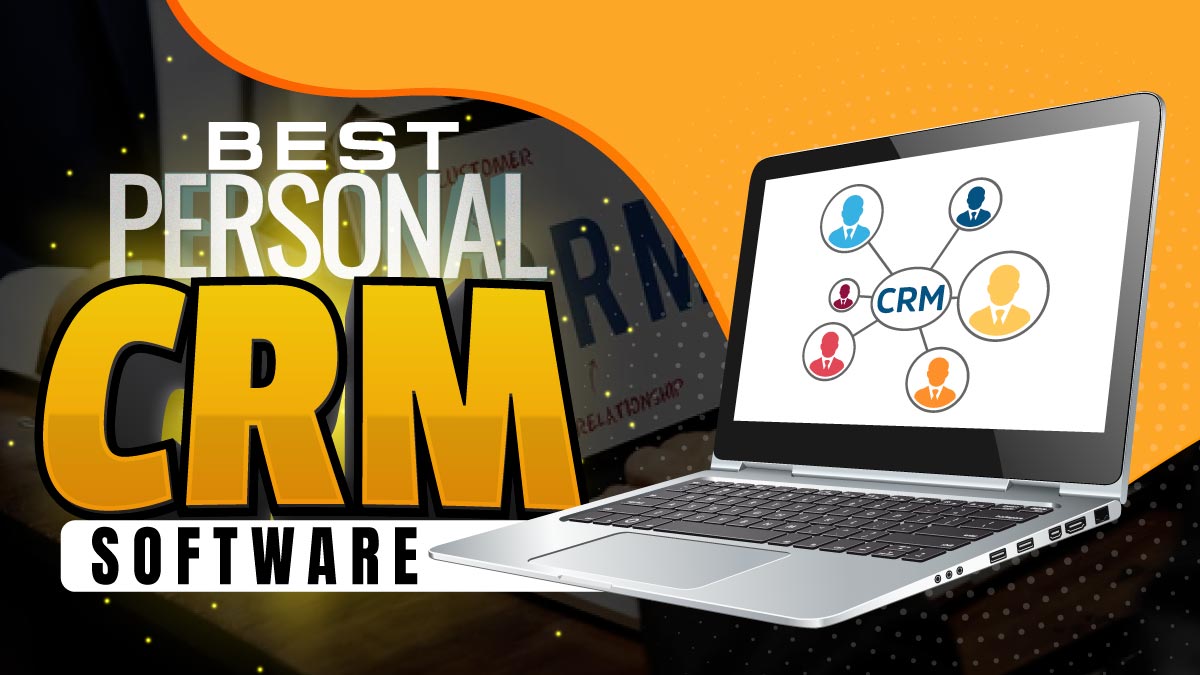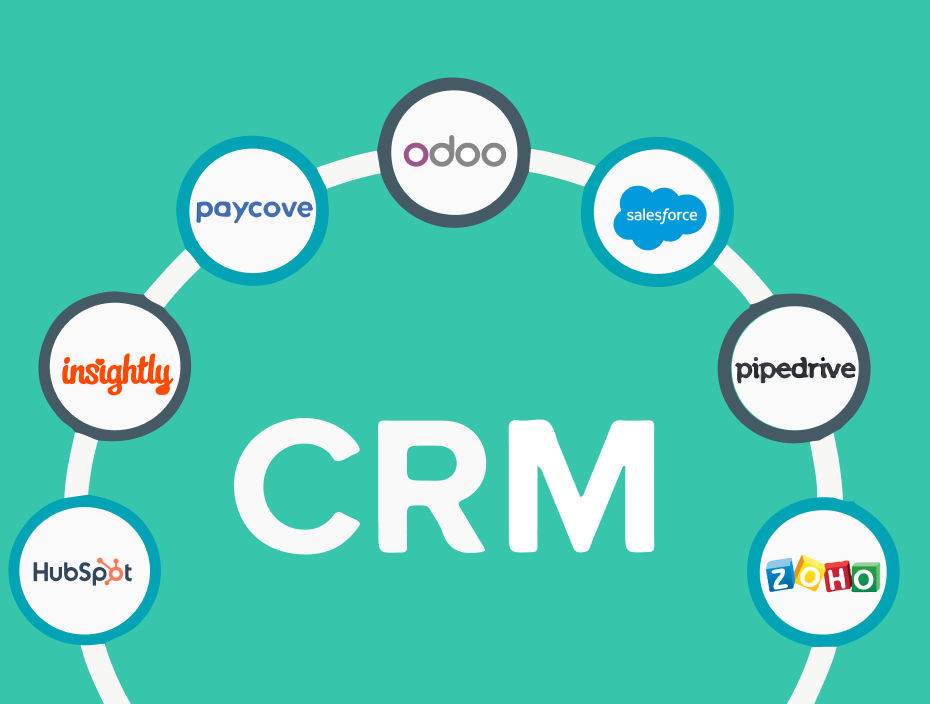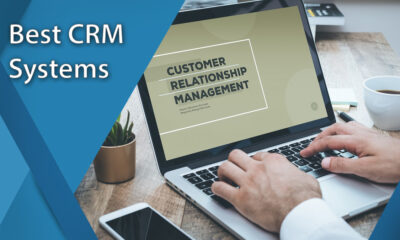Brand Management
CRM Tools for Personal Lifestyle Brand Management: A Comprehensive Guide
Embark on a journey into the world of CRM tools for personal lifestyle brand management. Discover the key features, benefits, and strategies to enhance your brand's visibility and engagement.
Understanding CRM Tools
CRM tools, or Customer Relationship Management tools, are software solutions designed to help businesses manage interactions with customers and potential customers. In the context of personal lifestyle brand management, CRM tools can be used to track and analyze customer behavior, preferences, and interactions to improve brand loyalty and engagement.
Key Features and Benefits of CRM Tools for Personal Lifestyle Brand Management
CRM tools offer a range of key features and benefits for managing a personal lifestyle brand effectively:
- Centralized Customer Data: CRM tools allow you to store all customer data in one place, making it easy to access and analyze.
- Customer Segmentation: You can segment your customer base based on various criteria, allowing for targeted marketing campaigns.
- Automated Marketing: CRM tools enable automated marketing campaigns, personalized messages, and follow-ups based on customer interactions.
- Improved Customer Service: By tracking customer interactions, you can provide personalized and timely responses to customer queries and issues.
- Performance Tracking: CRM tools provide analytics and reporting features to track the performance of your marketing and sales efforts.
Types of CRM Tools for Personal Lifestyle Brand Management
There are different types of CRM tools available for personal lifestyle brand management, each offering unique features and functionalities:
- Cloud-Based CRM: These tools are hosted online and accessible from anywhere, offering flexibility and scalability.
- Social CRM: Integrates social media platforms to track customer interactions and sentiments across various channels.
- Mobile CRM: Allows users to access CRM data and features on mobile devices, ensuring real-time connectivity and responsiveness.
- AI-Powered CRM: Utilizes artificial intelligence to automate processes, analyze data, and provide insights for better decision-making.
Implementing CRM Tools

Implementing CRM tools in daily routines for personal brand management can significantly enhance brand visibility and engagement. By setting up and customizing CRM tools to suit your specific needs, you can streamline your workflow and build stronger relationships with your audience.
Integration into Daily Routines
- Use CRM tools to track customer interactions and feedback on social media platforms, emails, and website visits.
- Create personalized email campaigns based on customer preferences and behavior data collected through CRM tools.
- Schedule follow-up tasks and reminders to stay organized and ensure timely responses to customer inquiries.
Setting Up and Customization
- Start by defining your brand goals and objectives to determine the necessary CRM features and functionalities.
- Choose a CRM tool that aligns with your brand's values and offers customization options to tailor the platform to your specific needs.
- Create custom fields and tags to categorize customer data effectively and personalize interactions based on customer segmentation.
Tips for Effective Utilization
- Regularly update and maintain customer data to ensure accurate insights and personalized communication.
- Utilize CRM analytics to track key performance indicators (KPIs) and measure the success of your brand engagement strategies.
- Automate repetitive tasks, such as email responses and social media posts, to save time and focus on building meaningful connections with your audience.
Leveraging CRM Data

Utilizing CRM data effectively is crucial for personal brand management as it provides valuable insights that can guide decision-making and strategy development.
Interpreting CRM Data
Interpreting CRM data allows individuals to identify trends, customer preferences, and areas for improvement in their personal brand management:
- Analyze customer behavior: By examining customer interactions and purchase history, patterns can be identified to tailor marketing efforts accordingly.
- Identify popular products/services: Understanding which offerings are most popular can help in refining the product/service mix to meet customer demands.
- Evaluate engagement levels: Monitoring engagement metrics such as open rates, click-through rates, and social media interactions can provide insights into audience preferences.
Personalizing Interactions
Strategies for using CRM data to personalize interactions with the audience and strengthen brand loyalty include:
- Segmentation: Divide the audience into specific groups based on behavior, demographics, or preferences to deliver targeted messaging.
- Customized offers: Use CRM data to create personalized offers and promotions that resonate with individual customers.
- Automated responses: Implement automated responses based on CRM data to provide timely and relevant communication with customers.
Maximizing Efficiency with CRM Tools

CRM tools offer a range of automation features that can significantly streamline tasks and save time when managing a personal lifestyle brand. By leveraging these tools effectively, individuals can optimize workflows, increase productivity, and maintain better organization.
Streamlining Tasks with Automation
One key way CRM tools maximize efficiency is through automation. Tasks such as sending follow-up emails, updating customer records, and scheduling appointments can be automated, freeing up time for more strategic activities.
Optimizing Workflows for Productivity
CRM tools allow users to create customized workflows that align with their specific needs. By mapping out processes and setting up automation triggers, individuals can ensure that tasks are completed in a timely and organized manner, boosting overall productivity.
Effective Contact Management
- CRM tools help in managing contacts by storing detailed information about each individual or lead, making it easy to track interactions and personalize communication.
- By categorizing contacts based on criteria such as location, behavior, or purchase history, users can target their marketing efforts more effectively.
Efficient Scheduling and Tracking
- With CRM tools, users can schedule appointments, set reminders, and track follow-ups to ensure no important interactions slip through the cracks.
- By centralizing all communication and scheduling within the CRM system, individuals can stay organized and on top of their daily tasks.
Conclusive Thoughts
In conclusion, leveraging CRM tools effectively can revolutionize how you manage your personal lifestyle brand. By analyzing data, optimizing workflows, and personalizing interactions, you can take your brand to new heights of success.
Essential Questionnaire
How can CRM tools benefit personal lifestyle brand management?
CRM tools help in organizing customer data, improving customer relationships, and enhancing brand visibility.
What types of CRM tools are suitable for personal lifestyle brand management?
CRM tools like HubSpot, Zoho CRM, and Salesforce can be customized to suit the needs of managing a personal lifestyle brand.
How can CRM data be used to personalize interactions with the audience?
By analyzing CRM data, brands can tailor their messaging, offers, and content to match customer preferences and strengthen brand loyalty.
-

 General3 weeks ago
General3 weeks agoSmart Lifestyle Design Tips for Small Urban Homes: Transforming Limited Spaces into Functional Living Areas
-

 General3 weeks ago
General3 weeks agoModern Farmhouse Exterior Ideas for Luxury Lifestyle Homes: A Guide to Elevated Living
-

 General3 weeks ago
General3 weeks agoCaptivating Title: Interior and Exterior Design Ideas for Wellness Retreats
-

 General3 weeks ago
General3 weeks agoLuxury Outdoor Living Spaces for Healthy Lifestyles: Elevate Your Outdoor Experience
-

 General3 weeks ago
General3 weeks agoAI-powered lifestyle design tools for home planning: Revolutionizing Efficiency and Customization
-

 Business Tools3 weeks ago
Business Tools3 weeks agoThe Best CRM Systems for Lifestyle Coaches and Consultants
-

 Architecture3 weeks ago
Architecture3 weeks agoExploring the Top Lifestyle Design Trends in Modern Architecture
-

 General3 weeks ago
General3 weeks agoTransforming Lifestyle with Modular Home Designs: Revolutionizing Living Spaces



